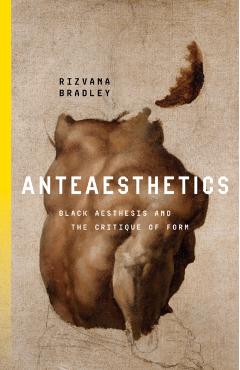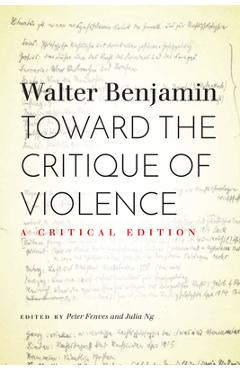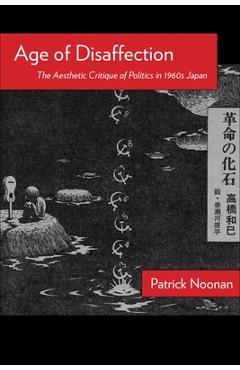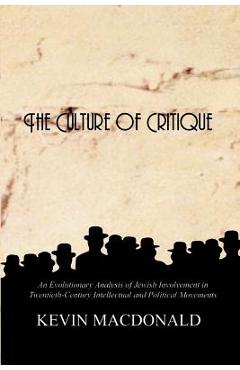The Critique of Pure Reason, Hardcover/Immanuel Kant

Detalii The Critique of Pure Reason,
elefant.ro
155.99 Lei
Foreign Books
Classic Wisdom Reprint
The Critique of Pure Reason, - Disponibil la elefant.ro
Pe YEO găsești The Critique of Pure Reason, de la Classic Wisdom Reprint, în categoria Foreign Books.
Indiferent de nevoile tale, The Critique of Pure Reason, Hardcover/Immanuel Kant din categoria Foreign Books îți poate aduce un echilibru perfect între calitate și preț, cu avantaje practice și moderne.
Preț: 155.99 Lei
Caracteristicile produsului The Critique of Pure Reason,
- Brand: Classic Wisdom Reprint
- Categoria: Foreign Books
- Magazin: elefant.ro
- Ultima actualizare: 02-11-2021 23:22:33
Comandă The Critique of Pure Reason, Online, Simplu și Rapid
Prin intermediul platformei YEO, poți comanda The Critique of Pure Reason, de la elefant.ro rapid și în siguranță. Bucură-te de o experiență de cumpărături online optimizată și descoperă cele mai bune oferte actualizate constant.
Descriere magazin:
Description Kant builds on the work of empiricist philosophers such as John Locke and David Hume, as well as rationalists such as Gottfried Wilhelm Leibniz and Christian Wolff. He expounds new ideas on the nature of space and time, and tries to provide solutions to Hume\'s scepticism regarding human knowledge of the relation of cause and effect, and Ren Descartes\' scepticism regarding knowledge of the external world. This is argued through the transcendental idealism of objects (as appearance) and their form of appearance. Kant regards the former "as mere representations and not as things in themselves", and the latter as "only sensible forms of our intuition, but not determinations given for themselves or conditions of objects as things in themselves". This grants the possibility of a priori knowledge, since objects as appearance "must conform to our cognition . . . which is to establish something about objects before they are given to us". Knowledge independent of experience Kant calls "a priori" knowledge, while knowledge obtained through experience is termed "a posteriori". In Kant\'s view, a priori intuitions and concepts provide some a priori knowledge, which also provides the framework for a posteriori knowledge. Kant also believed that causality is a conceptual organizing principle imposed upon nature, albeit nature understood as the sum of appearances that can be synthesized according to a priori concepts. In other words, space and time are a form of perceiving and causality is a form of knowing. Both space and time and conceptual principles and processes pre-structure experience. Things as they are "in themselves"--the thing in itself or das Ding an sich--are unknowable. For something to become an object of knowledge, it must be experienced, and experience is structured by the mind--both space and time being the forms of intuition (Anschauung in German; for Kant, intuition is the process of sensing or the act of having a sensation)

Produse asemănătoare

Anteaesthetics: Black Aesthesis and the Critique of Form - Rizvana Bradley
![]() libris.ro
libris.ro
Actualizat in 28/10/2025
265.05 Lei

Critique of Everyday Life: The Three-Volume Text - Henri Lefebvre
![]() libris.ro
libris.ro
Actualizat in 28/10/2025
250.82 Lei

Toward the Critique of Violence: A Critical Edition - Walter Benjamin
![]() libris.ro
libris.ro
Actualizat in 28/10/2025
169.26 Lei

Mark Ludwig: Our Will to Live. The Terezin Music Critiques of Viktor Ullmann, Hardback/Mark Ludwig
![]() elefant.ro
elefant.ro
Actualizat in 28/10/2025
245.99 Lei

Age of Disaffection: The Aesthetic Critique of Politics in 1960s Japan - Patrick Noonan
![]() libris.ro
libris.ro
Actualizat in 28/10/2025
208.08 Lei
Produse marca Classic Wisdom Reprint

Fundamental Principles of the Metaphysic of Morals, Hardcover/Immanuel Kant
![]() elefant.ro
elefant.ro
Actualizat in 02/06/2021
111 Lei




